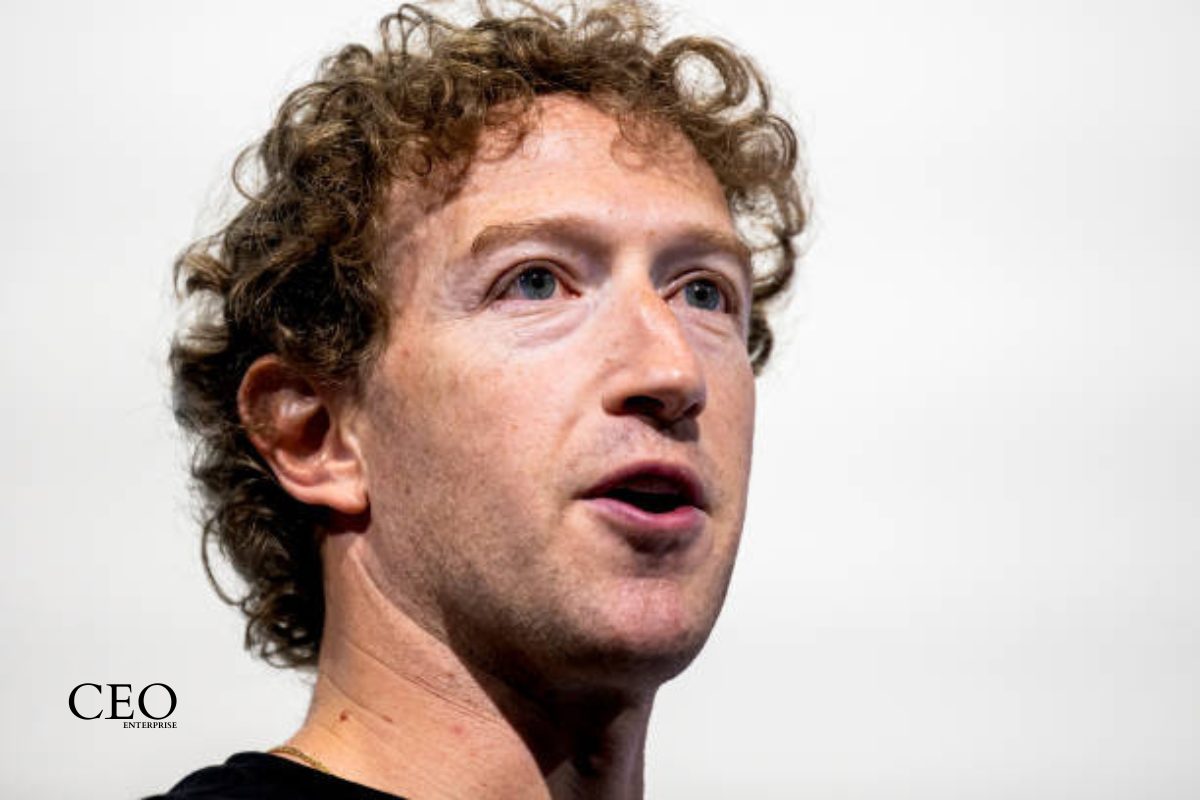In a recent podcast appearance, Mark Zuckerber, CEO of Meta, shared a bold vision for the future of software development. He predicted that by 2025, artificial intelligence (AI) would advance to a level where it could perform coding tasks equivalent to those of mid-level engineers. This development suggests a significant…

In a recent podcast appearance, Mark Zuckerber, CEO of Meta, shared a bold vision for the future of software development. He predicted that by 2025, artificial intelligence (AI) would advance to a level where it could perform coding tasks equivalent to those of mid-level engineers. This development suggests a significant shift in the tech industry, where AI engineers could potentially replace human coders.
Understanding AI Engineers
AI engineers are specialized systems designed to perform tasks that typically require human intelligence, such as coding, problem-solving, and decision-making. Unlike traditional software that follows explicit instructions, AI engineers can learn from data, adapt to new information, and improve their performance over time. In the context of software development, AI engineers can automate routine coding tasks, debug code, and even generate new code based on specific requirements.
Benefits to Big Tech Companies
The integration of AI engineers into software development offers several advantages for large technology firms:
- Increased Productivity: AI can handle repetitive and time-consuming tasks, allowing human engineers to focus on more complex and creative aspects of development. For instance, Amazon Web Services has indicated that AI advancements could soon reduce the need for software engineers to focus on coding, enabling them to engage in more innovative tasks.
- Cost Efficiency: Automating coding tasks can reduce the need for large engineering teams, leading to significant cost savings. Meta’s substantial investments in AI have been attributed to increased productivity and efficiency in coding tasks.
- Accelerated Development Cycles: AI can quickly generate and test code, shortening the time required to bring products to market. AI-powered coding assistants have been attracting significant investor interest, indicating a transformative force in software engineering.
The Future of Human Coders
While AI engineers are poised to take over routine coding tasks, human coders will still play a crucial role in the software development process:
- Oversight and Quality Assurance: Human engineers will be needed to review AI-generated code to ensure it meets quality and security standards. Despite the rise of AI coding assistants, manual checks remain essential to address reservations about the security of AI-generated code.
- Complex Problem-Solving: AI may handle standard tasks, but complex and innovative problem-solving will require human creativity and expertise. The increased efficiency offered by AI is expected to augment human capabilities, empowering individuals to achieve more.
- Ethical and Responsible AI Development: Human oversight is essential to ensure that AI systems are developed and used ethically, preventing potential misuse or unintended consequences. Mark Zuckerberg emphasized the need for responsible AI development, advocating for open-sourcing AI technology to prevent monopolization by any single entity.
Market Analysis and Adoption
The AI-driven coding market is experiencing rapid growth, with significant investments and adoption by major tech companies:
- Investment Surge: Since early 2023, AI-powered coding assistants have attracted nearly $1 billion in funding, signalling strong confidence in this technology’s potential.
- Industry Adoption: Companies like Microsoft, Amazon, Meta, and Google are actively developing and integrating AI coding assistants into their workflows. For example, GitHub’s Copilot, an AI coding assistant launched in 2022, has nearly 2 million subscribers and is driving substantial revenue growth.
- Productivity Gains: Salesforce reported a 30% productivity increase from using AI with its existing engineers, reducing the need for additional hires.
Real-World Examples
Several companies have already begun integrating AI engineers into their development processes:
- Meta: Under Zuckerberg’s leadership, Meta is investing heavily in AI to automate coding tasks, aiming to have AI-generated code for its applications by 2025.
- Google: CEO Sundar Pichai revealed that more than 25% of new code at Google is now generated by AI, with engineers reviewing and accepting this code.
Amazon: Amazon Web Services is exploring AI to reduce the need for software engineers to focus on coding, allowing them to engage in more innovative tasks.
The Unpredicted Future
Mark Zuckerberg’s prediction that AI engineers will replace human coders by 2025 underscores a transformative shift in the tech industry. While AI will take over routine coding tasks, human engineers will continue to play a vital role in overseeing, guiding, and innovating within the development process. The collaboration between AI and human expertise promises a future where technology is developed more efficiently and creatively, benefiting both companies and consumers alike.
